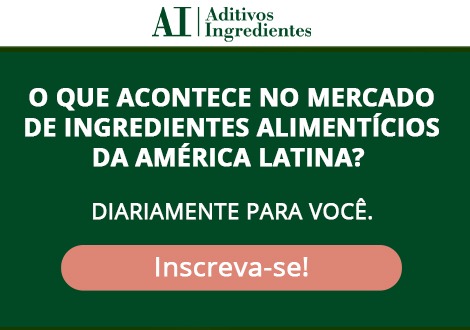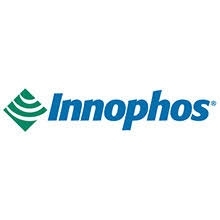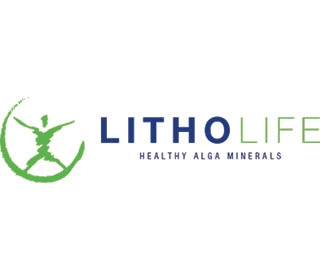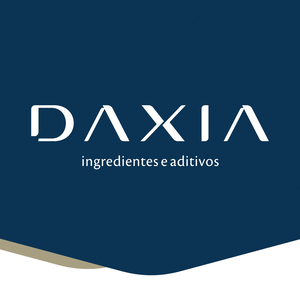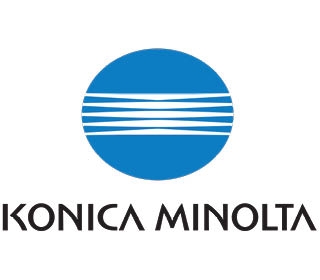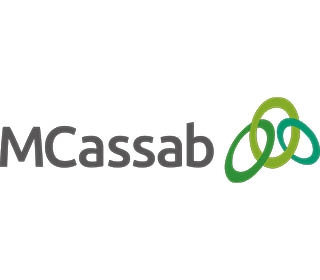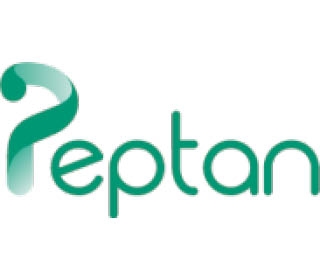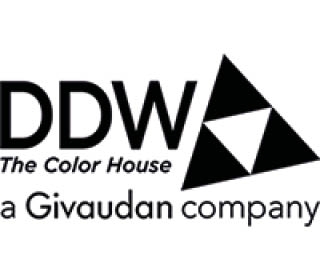“A key influencer of consumers’ purchase decisions”: F&B suppliers stay ahead of the sustainability curve
Consumers expect food companies to invest in sustainability, pursue their ethical responsibilities and ensure the communities where they operate address poverty reduction, sustainable food security and societal well being, without any negative environmental impact. Developing planet-friendly products and processes as well as strengthening supply chain sustainability and reducing waste, businesses are taking everything that falls under the sustainability umbrella very seriously. It has become a disruptive transformation within the F&B industry and its meaning is broadening too. Examines the issue with several suppliers with sustainability at the core of operations.
Complex issues like human-induced climate change and its links to food production, protecting biodiversity, feeding the ballooning population, dietary changes and plant-based innovation all fall under the sustainability banner. These big, global challenges need attention, investment and a new approach.
The sustainability umbrella is driving NPD and research into the future of food. Paying attention to storytelling in branding strategies is part and parcel of this trend. Companies have to be transparent and communicate their message that the end-consumer can understand.
Highlighting “The Sustain Domain” as No. 3 in its Top Ten Trends 2020, Innova Market Insights underscores how consumers expect companies to invest in sustainability. Its research also indicates that 85 percent of, on average, US and UK consumers expected companies to invest in sustainability in 2019, up from 64 percent in 2018. In the area of food waste, upcycling is the new recycling, as companies strive to follow a zero-waste approach by creating value from by-products. Meanwhile, in packaging, the focus is on using less of it, as well as developing sustainable alternatives.
FrieslandCampina Ingredients, as part of its strategy to become carbon neutral by 2050, puts it well. “Sustainability is no longer ‘nice to have’ – it’s becoming a license to operate,” says Senior Corporate Sustainability Manager Aurelie Letortu. “It’s more relevant to our customers and the consumer because it is now driving buying decisions.”
This is echoed by Richard van Lijssel, Director Technology, Rousselot, who tells FoodIngredientsFirst that “with a wealth of data on the sustainability of the food industry available for anyone to access, consumer preferences are naturally changing. Sustainability policies and commitments are not a ‘nice to have’ option anymore but are expected by people globally. Brands must ensure their practices and products meet these requirements to stay ahead of the curve,” he says.
Jérôme Béra, Senior Vice President, Global Marketing at CP Kelco, explains how the company’s entire portfolio is ultimately derived from nature so in some ways “we can’t help but share with customers how critical it is for CP Kelco to be responsible neighbors and stewards of the environment.”
“We work directly with customers to help align with their objectives and provide transparency on how our sustainability initiatives help them achieve their sustainability goals,” he tells FoodIngredientsFirst.
“Our customers echo this consumer demand and we are moving aggressively to support them. One of our most important obligations to the business and the planet is to invest responsibly, which is why we have a goal to direct more than 50 percent of capital spending allocated to projects that have triple bottom-line benefits. This helps ensure that holistic increased sustainability design and practices are incorporated into our projects from day one.”
“Throughout our innovation process, we work to identify sustainability opportunities and define sustainability attributes for all new products and processes,” he says.
A driving force for attention to sustainability at CP Kelco is its family ownership, explains Brian Williams, Vice President, Environment, Safety & Sustainability. “Sustainability is more than a consumer demand we are helping our customers meet. Operating strong businesses sustainably is a guiding principle of the J.M. Huber Corporation family of solutions, of which CP Kelco companies are a part.”
One of CP Kelco’s latest efforts in sustainability innovation can be seen in its patented method of processing citrus peel in the production of pectin in Matão, Brazil. This novel process enables a higher pectin yield with a dramatic reduction of freshwater use compared to traditional production processes. “The citrus peel that begins as a waste product of the juicing industry is not only upcycled into our products, but the water byproduct from our peel process is recycled to nurture eucalyptus and citrus crops and the leftover citrus peel from pectin production is turned into animal feed for local farm animals,” Williams notes.
As another key player in citrus, protecting biodiversity and creating a sustainable future is a primary focus for Givaudan. Its long and ongoing partnership with University of California Riverside (UCR) is one of the ways the company champions biodiversity as UCR is home to a highly valuable collection that dates back to 1910, with over 1,000 types of citrus varieties.
“Citrus is very susceptible to natural disasters, such as hurricanes, typhoons, extreme heat or cold and disease. Today’s main challenge for citrus is the greening disease, also known as Huanglongbing (HLB). Citrus Greening poses a serious threat to citrus crops worldwide,” Dawn Streich, Global Product Manager for Citrus tells.
In 2011, Givaudan committed to a donation that would in part create the Givaudan Citrus Variety Collection Endowed Chair. The objective of this US$1 million gift was to support and maintain UCR’s Citrus Collection in perpetuity and to support the collection curator’s work, notes Streich.
Last March, Givaudan took its commitment to citrus biodiversity to the next level by donating US$3.5 million to UCR. By strengthening its partnership with UCR, one of Givaudan’s aims was to protect the biodiversity of the Citrus Collection from the impending threat of Citrus Greening Disease. This donation will cover the cost of building protective ‘screen houses’ to enclose some of the trees and protect them from the disease.
“In addition to protecting citrus biodiversity, Givaudan has decades of experience in managing supply, formulating products using sustainable practices, and maintaining a pipeline of breakthroughs that provide sustainable innovation for today and tomorrow,” Streich continues.One example is the SunThesis line of products that helps customers mitigate citrus supply chain risks. SunThesis replacers are citrus compounds designed to function like original citrus oil. Key flavor attributes and functionality of citrus oils are recreated with the company’s knowledge and understanding of citrus oil composition offering customers a continuity of supply, cost stabilization and more control over the citrus supply chain.
Collagen-based ingredient solutions
Collagen-based ingredient solutions are sustainable by definition, as they create value from what would otherwise be considered a by-product, according to Rousselot.
“Sustainability is becoming one of the key influencers of consumers’ purchase decisions. Media coverage on the impact of the food industry on the planet is driving consumer attention towards ingredients and end products that can have a positive impact on the environmental sphere,” van Lijssel, explains.
Ingredients that can fit within the circular food economy model such as collagen and gelatin are, as a result, high in demand. These solutions can add value across the entire supply chain while addressing consumer concerns.
It is estimated that animal protein production will increase by 20 percent over the next decade, according to Van Lijssel. “As the global demand for animal proteins rises, it is important to implement all reasonable measures to improve the sustainability of the industry and animal welfare. Technological advances mean that food can now be produced using less fossil fuel and water and with lower CO2 emissions — while the production volume can be increased,” he says.
The reduction of food waste is also “a major battle in the war against unsustainable food production,” notes Van Lijssel. “By transforming protein co-products into valuable collagen and gelatin-based ingredients, we give nature a second life. What is not used in Rousselot’s premium product line is repurposed for feed, fuel or fertilizer applications. Pig skin, for example, is a valuable source of grease and protein, used for the production of ingredients for pet food.”
He reiterates how much pressure the food industry is under to produce more with less. “With more people to feed, however limited natural resources available, it will be crucial for manufacturers to increase the sustainability of food production in this decade and beyond. With this in mind, Rousselot implemented the latest physical and biological technologies, as well as water recycling schemes to consistently monitor water consumption, improve the flow and recover clean water,” Van Lijssel concludes.
